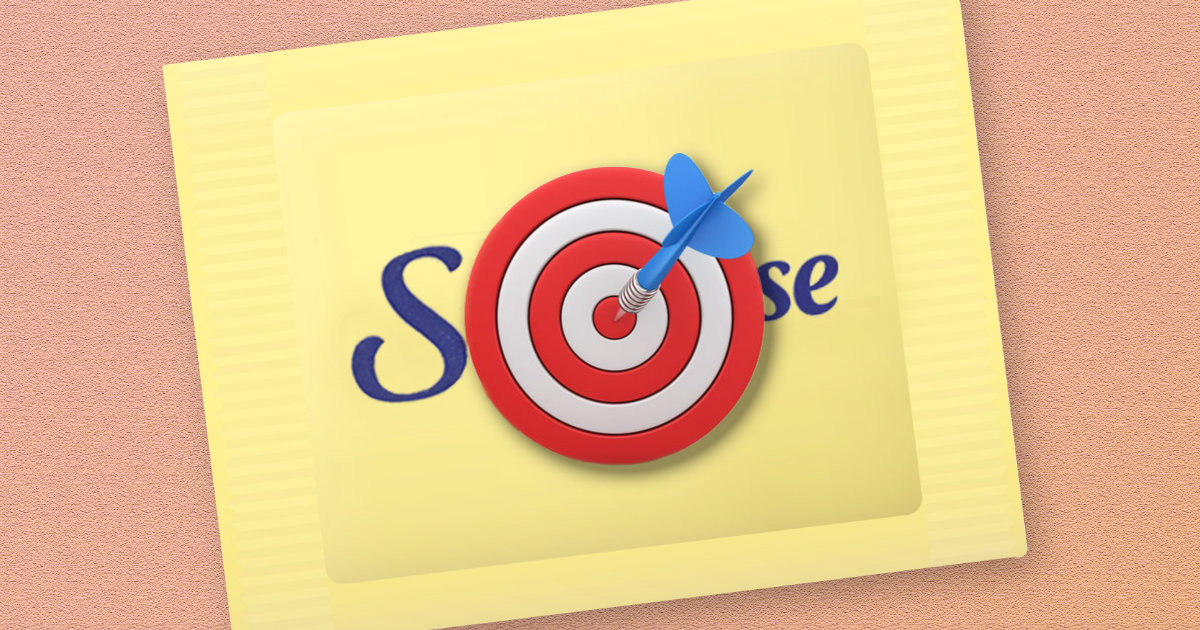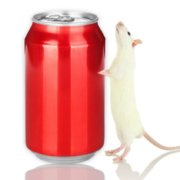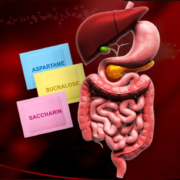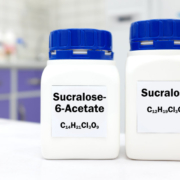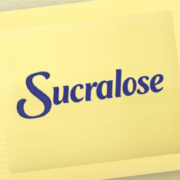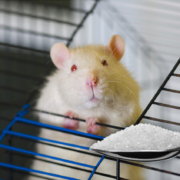New Research on Sucralose
Everybody seems to be talking about sucralose. In the past week, I’ve gotten more emails about the artificial sweetener sucralose than I ever have before; I’ve also seen more commentaries on sucralose in health news feeds. The problem is that the issue really isn’t the sweetener itself—it’s a contaminant that may be found in the sweetener called sucralose-6-acetate. On top of all that, the primary author of the study is continually muddying the results of the study by using the term sucralose when she means sucralose-6-acetate.
The sweetener sucralose is as safe as it always has been. Some people are opposed to artificial sweeteners of all types, and that’s fine, but there’s nothing in this research update nor any of the other studies on sucralose that presents any type of major concern. That doesn’t mean it’s for everybody; genetic factors and microbiome issues may affect some people. But that aside, there’s nothing to be fearful of, so let’s check out the study that’s attracting so much attention.
Let’s start with what the researchers did. They attempted to examine six historical claims about sucralose:
- Sucralose passes through the gut unchanged
- It has no effect on the microbiome
- It has no effect on intestinal tract
- It doesn’t accumulate in human tissue
- It has no effect on metabolism including blood glucose or insulin
- It won’t disrupt the DNA
To say the tests to examine these questions were complicated is an understatement. I’ll give you my interpretation of the published results on Saturday. However, if you want to read the study yourself, click the link below.
What are you prepared to do today?

